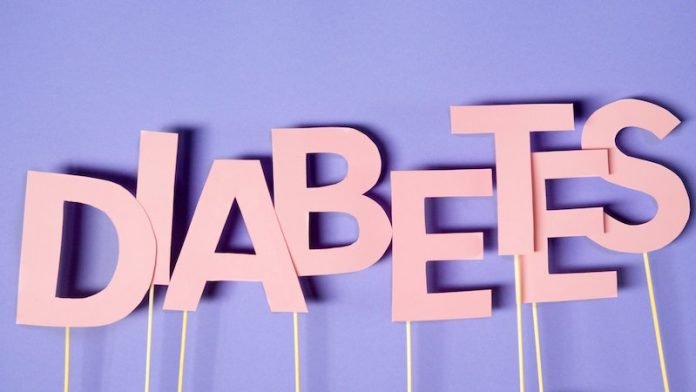
Taking care of your diabetes is important to help you protect your heart.
You can substantially lower your chances of having a heart attack or stroke by taking the following steps to keep your heart and blood vessels healthy.
Manage your diabetes ABCs
Know your diabetes ABCs to help you manage your blood glucose, blood pressure, and cholesterol. Stop smoking if you have diabetes to lower your chances of developing heart disease.
A is for the A1C test. The A1C test shows your average blood glucose level over the past 3 months. This is different from the blood glucose checks you do every day.
The higher your A1C number, the higher your blood glucose levels have been during the past 3 months. High levels of blood glucose can harm your heart, blood vessels, kidneys, feet, and eyes.
The A1C goal for many people with diabetes is below 7%. Some people may do better with a slightly higher A1C goal.
Your A1C goals may also change as you get older and your lifestyle changes. Ask your health care team what your goal should be.
B is for blood pressure. Blood pressure is the force of your blood against the wall of your blood vessels. If your blood pressure gets too high, it makes your heart work too hard.
High blood pressure can cause a heart attack or stroke and damage your kidneys and eyes.
The blood pressure goal for most people with diabetes is below 140/90 mm Hg. Ask what your goal should be.
C is for cholesterol. A buildup of cholesterol, a form of fat found in your blood, can cause a heart attack or stroke. Ask your health care team what your cholesterol numbers should be.
If you are over 40 years old, you may need to take medicine, such as a statin NIH external link, to lower your cholesterol levels and protect your heart.
Some people with very high LDL (“bad”) cholesterol may need to take medicine starting at a younger age.
S is for stopping smoking. Quitting smoking is especially important for people with diabetes because both smoking and diabetes narrow blood vessels, so your heart has to work harder. E-cigarettes aren’t a safe option either.
If you quit smoking
you will lower your risk for heart attack; stroke; nerve, kidney, and eye disease; and amputation
your blood glucose, blood pressure, and cholesterol levels may improve
your blood circulation will improve
you may have an easier time being physically active
Ask your health care team about your goals for A1C, blood pressure, and cholesterol, and what you can do to reach these goals.
To improve your diabetes self-management skills, you may want a referral to a diabetes educator or a registered dietitian.
Medicare, some private insurers, and other organizations will provide financial assistance for some of these services.
You can keep track of your ABCs with a diabetes record form. You can use it when you meet with your health care team in person or remotely.
Talk with your team about your goals and how you are doing, and whether you need to make any changes to your diabetes care plan.
Sign up for our newsletter for more information about this topic.
If you care about heart health, please read studies about how to reverse heart failure with diet, and 15 foods for a healthy heart.
For more information about heart health, please see recent studies about the amazing benefits of beets for diabetes, blood pressure, and nerves, and results showing Vitamin C may help treat heart rhythm problems.
Copyright © 2022 Knowridge Science Report. All rights reserved.



